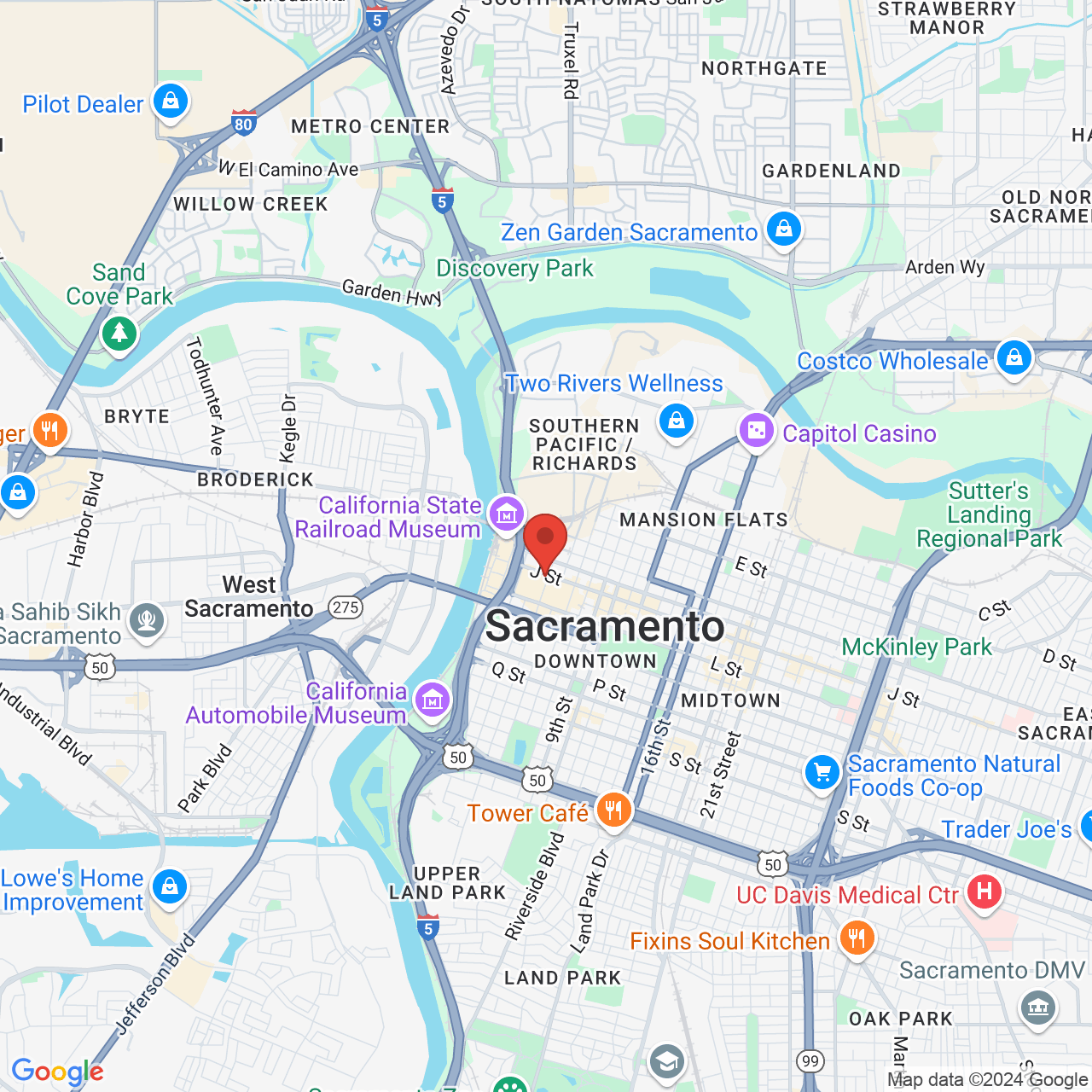Pregnancy Discrimination Act of 1978
 Employees in the United States are provided certain rights and protections under state and federal employment laws. Among these rights is the right to a work environment that is free from discrimination. It is illegal for a worker to be treated differently on the basis of sex, gender, religion, race, and disability (permanent or temporary).
Employees in the United States are provided certain rights and protections under state and federal employment laws. Among these rights is the right to a work environment that is free from discrimination. It is illegal for a worker to be treated differently on the basis of sex, gender, religion, race, and disability (permanent or temporary).
The Pregnancy Discrimination Act of 1978 further expands these rights to individuals who are pregnant. Here, pregnancy discrimination lawyer Gregory Thyberg, who serves individuals from Sacramento, CA, and surrounding areas, explains the rights provided under the Pregnancy Discrimination Act, and advises what to do if those rights are violated.
What Is the Pregnancy Discrimination Act of 1978?
The Pregnancy Discrimination Act of 1978 is an amendment to Title VII of the Civil Rights Act of 1964. The amendment prohibits discrimination on the basis of pregnancy, childbirth, or other related medical conditions.
In terms of work situations, the Pregnancy Discrimination Act makes it illegal for employers to discriminate based on pregnancy when it comes to any aspect of employment, including:
- Hiring
- Firing
- Promoting or demoting
- Job training
- Job assignments
- Leave or time off
- Health benefits
- Fringe benefits
Examples of Pregnancy Discrimination
Despite the protections provided by the Pregnancy Discrimination Act, numerous employees (or prospective employees) face discrimination when expecting a child, or after having a baby. Common examples of workplace pregnancy discrimination include:
- Refusal to hire an otherwise qualified job applicant because they are pregnant
- Selecting an employee for a layoff due to pregnancy or childbirth
- Denying a promotion or special job training due to pregnancy or childbirth
- Reassigning an employer to a different position after they return from parental leave
- Changing job duties as a result of pregnancy or childbirth
What to Do if You Experience Pregnancy Discrimination
Any form of pregnancy discrimination is illegal, but employers still regularly make decisions on the basis of pregnancy, childbirth, or related medical conditions. Unfortunately, the reason they do so is because they are often able to get away with it. Many employees are unaware of the rights provided under the Pregnancy Discrimination Act, while others just aren’t sure what to do when their rights have been violated.
Employees who have experienced pregnancy discrimination in the workplace should carefully document all instances of discrimination, as well as take detailed notes regarding any interactions related to the pregnancy and/or pregnancy discrimination. We also advise that employees file a complaint in writing with their employer’s human resources department.
Once a complaint has been filed, employees should consider contacting a pregnancy discrimination lawyer. Gregory Thyberg has extensive expertise in the field of pregnancy discrimination. He works with employees in the Sacramento area to hold employers liable for pregnancy discrimination and related damages.
Contact Us
If you have been treated differently at work due to pregnancy, childbirth, or a related medical condition, your employer is in violation of the Pregnancy Discrimination Act of 1978. To discuss your situation with lawyer Gregory Thyberg, and learn more about your legal options, send us a message online, or call our Sacramento law firm at (916) 204-9173.


